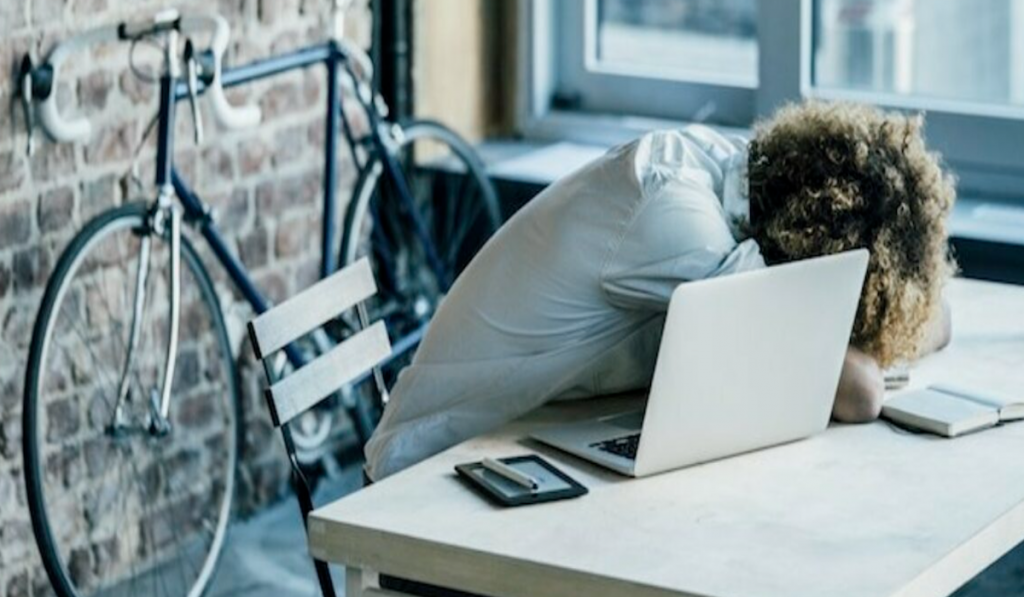Most cyclists are fairly safe. You don’t have much choice to be anything but cautious.
Unfortunately, the vehicle drivers with whom you share the road aren’t always as safe or considerate. This can put you at risk of a serious accident.
What to Do When Involved in a Bicycle Accident
According to IIHS.org, roughly 2 percent of motor vehicle crash deaths are suffered by cyclists each year. And though that may sound like a small percentage, it translates to a rather significant number of people.
“A total of 843 bicyclists were killed in crashes with motor vehicles in 2019,” IIHS.org explains. “This represents a 3 percent decrease from the 868 bicyclist deaths that occurred in 2018. Although bicyclist deaths have decreased 16 percent since 1975, they have increased 36 percent since reaching their lowest point in 2010.”
In other words, this isn’t an issue that’s likely to disappear anytime soon. If you ride a bicycle on a regular basis, you have to stay aware of your surroundings.
In the event you get involved in a cycling accident, you should know exactly what to do. Here are four steps to take.
1. Seek Immediate Medical Attention
Your health and well-being are the very top priorities. Nothing else matters at this point. You have to make sure you receive immediate medical attention.
It’s essential for you to call 911 or visit a doctor immediately, even if you don’t believe you’re injured. It’s possible that the adrenaline from the accident may be suppressing the pain associated with internal injuries.
2. Document Information
If you’re physically able to do so, record as much information as you can at the scene. This includes the other driver’s information (name, address, driver’s license number, phone number, license plate, car make and model, insurance policy, etc.) and witness contact information.
If you have your phone on you, take pictures of the scene and record notes on any details that you remember. (You’ll be surprised how easy it is to forget various details later on.)
3. Provide an Official Statement for the Accident Report
When a police officer arrives at the scene, he or she will take statements. Make sure you use this opportunity to speak up.
“Sometimes, the police officer will take a statement from the motorist and not bother to talk to the cyclist,” Nolo.com mentions. “Do everything you can to get your side of the story into the police report. And by all means, report all of your injuries, no matter how minor. Remember, those minor injuries may later become more serious.”
As for insurance companies, you’ll want to be very careful about what you say. We recommend consulting step four before you speak to any insurance company.
4. Call a Bicycle Accident Attorney
Once you’re in a stable condition, call a bicycle accident attorney. Regardless of whether or not you think you have a claim, it’s vital that you at least conduct a conversation with an attorney. That professional will let you know what your options are.
A lot of different factors that go into calculating bicycle accident damages (including lost wages, loss of future earnings, medical expenses, long-term care, rehabilitation costs, pain and suffering, emotional distress, and even PTSD). If you don’t explore all your options, you could be compelled to deal with the financial ramifications on your own for years to come.
5. Focus on Rehabilitation and Recovery
Once you’ve contacted a bicycle accident attorney, it’s in his or her hands. Your job from that point onward is to focus all of your energy on rehabilitating yourself physically and achieving a full recovery, if possible.
The best thing you can do is listen to your doctors and follow everything they say. Don’t try to deviate from the plan because you think you know better.
Should you choose to go your own route, insurance companies (and their lawyers) could easily argue that you don’t deserve to be compensated because you haven’t taken your recovery seriously. Make sure you stick to the plan!
Take Care of Yourself
You don’t need a physics degree to understand who comes out on the losing end of a bicycle accident. But if you know what to do in the aftermath, it’ll increase your chances of enjoying a full recovery (physically and financially).
Keep these tips in mind and do your best to avoid a bicycle accident in the first place!
